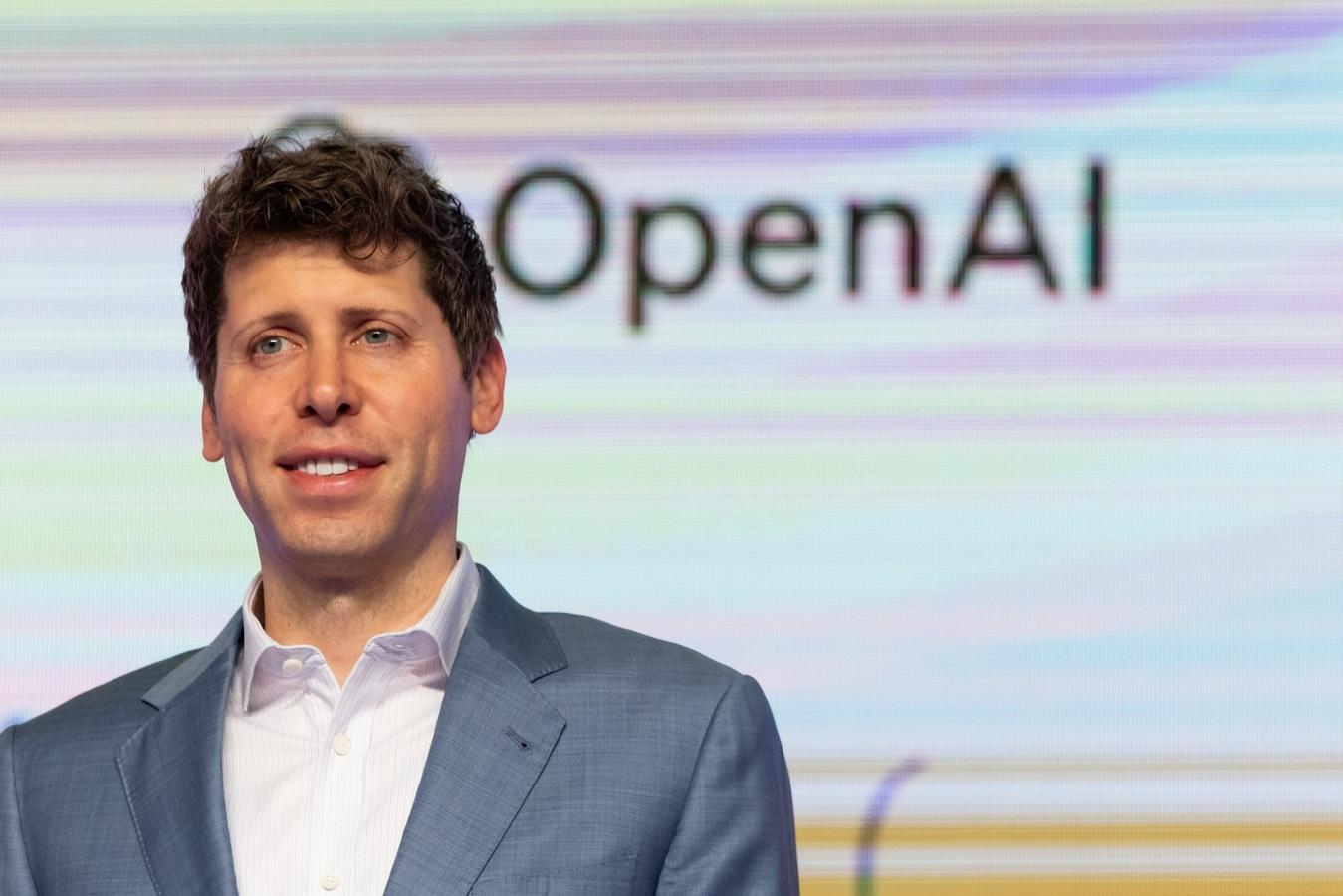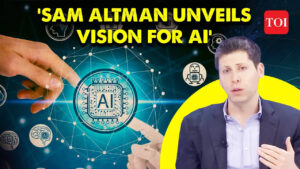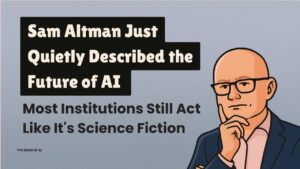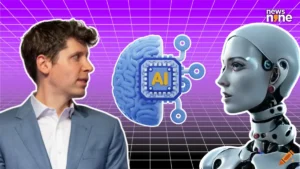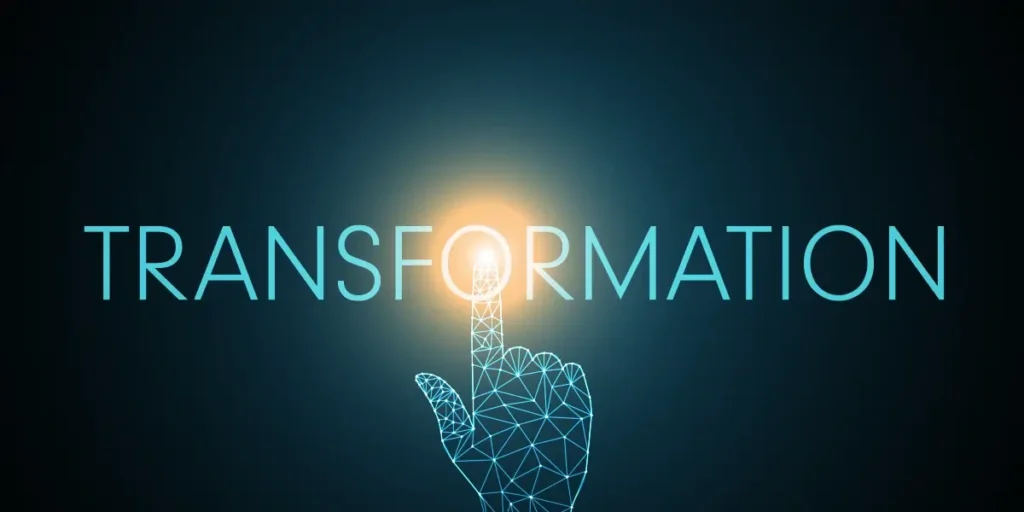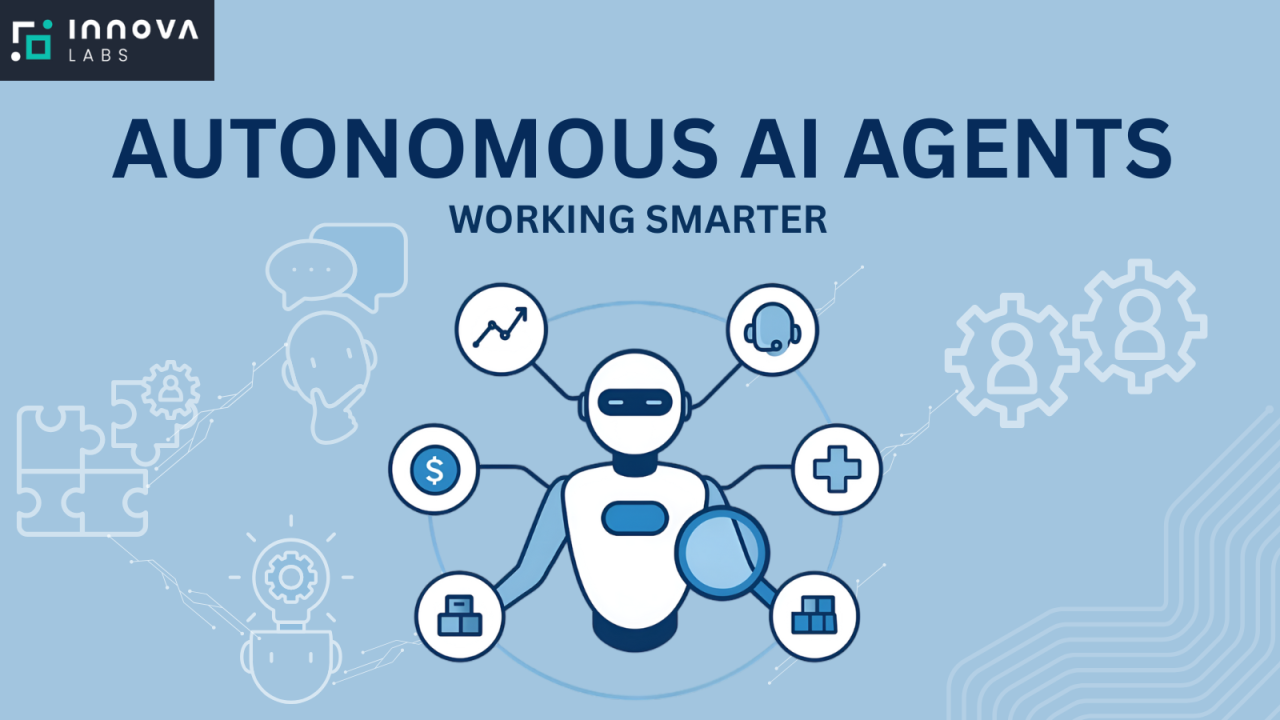Sam Altman’s Vision: Productivity & Agency with Caution
Introduction
In the rapidly evolving world of artificial intelligence (AI), few names carry as much weight as Sam Altman, CEO of OpenAI. Altman has been a driving force in shaping not only the technology behind AI but also the philosophical and economic frameworks guiding its adoption. His vision for the future is both ambitious and measured: AI should supercharge productivity, grant humans greater agency, and transform industries—yet it must be approached with caution to prevent catastrophic risks.
This balance between optimism and restraint defines Altman’s leadership and fuels the debate over how humanity should wield one of the most powerful tools ever created. In this article, we will explore Sam Altman’s vision in depth: what he means by productivity and agency, why caution is essential, and how his ideas could reshape the global economy, society, and individual lives.
The Promise of Productivity
AI as the Ultimate Productivity Engine
Altman believes that artificial intelligence is the next great productivity multiplier—comparable to electricity, the internet, and the industrial revolution. Unlike past innovations that automated only physical or repetitive tasks, AI promises to enhance knowledge work, which has historically been harder to scale.
From writing and design to coding and research, AI tools like ChatGPT, Copilot, and generative models are already compressing work timelines and unlocking new possibilities. Altman argues that widespread AI adoption could lead to:
-
Faster scientific breakthroughs (drug discovery, climate solutions).
-
Enhanced business efficiency (automated decision-making, personalized customer interactions).
-
Improved education (personalized tutoring, global accessibility).
-
New forms of creativity in art, music, and storytelling.
In essence, AI doesn’t just speed up existing processes—it expands the frontier of what’s possible.
Productivity’s Economic Impact
The economic upside is massive. Altman envisions a world where AI adoption could add trillions of dollars to global GDP, lower costs of goods and services, and reduce barriers to innovation.
For example, startups with fewer employees can scale globally by leveraging AI agents for marketing, operations, and software development. Similarly, scientists can test hypotheses faster with AI-assisted research, leading to exponential progress in medicine and renewable energy.
This productivity boost could transform living standards, shorten workweeks, and bring abundance. But as Altman repeatedly stresses, productivity alone is not enough—the benefits must be shared equitably.
Agency: Empowering Humans in an AI World
What Altman Means by “Agency”
For Sam Altman, agency is the capacity for individuals to act with independence, creativity, and influence in their personal and professional lives. In an AI-powered world, this means giving people access to tools that expand their decision-making power instead of stripping it away.
Imagine a student in India using AI tutors to master advanced subjects, or a small business owner in Nigeria deploying AI-driven market analytics to compete globally. These are real examples of agency expansion—AI placing powerful tools in the hands of more people.
Democratization of Superpowers
Altman envisions AI as a democratizing force, leveling the playing field between individuals, startups, and large corporations. Just as the internet gave everyone access to information, AI could give everyone access to superhuman-level assistance in thinking, reasoning, and creating.
-
Developers gain AI coding assistants.
-
Doctors access AI-powered diagnostics.
-
Writers and artists collaborate with AI to create beyond their limits.
-
Entrepreneurs build companies without needing huge teams.
In this way, AI could amplify human potential rather than replace it.
The Cautionary Side
Existential Risks of AI
Despite his optimism, Altman consistently warns about the dangers of unchecked AI development. He has compared advanced AI to nuclear weapons in terms of potential catastrophic risk if misused.
Some of the risks he highlights include:
-
Autonomous AI agents making decisions misaligned with human values.
-
Disinformation at scale, destabilizing societies and democracies.
-
Job displacement leading to inequality and social unrest.
-
Weaponization of AI in cyberwarfare or autonomous weapons.
For Altman, caution means building safety mechanisms, regulations, and governance structures before AI advances too far to control.
The Governance Dilemma
One of Altman’s most discussed ideas is that AI is too powerful to be left entirely in private hands, yet too important to be stifled by bureaucracy. He advocates for a global regulatory framework—a system where nations collaborate to set rules for advanced AI, much like nuclear treaties.
This cautious stance recognizes that while productivity and agency are desirable, the cost of failure could be civilization-threatening.
Balancing the Equation: Productivity, Agency, and Caution
Altman’s framework can be visualized as a triangle:
-
Productivity drives economic growth.
-
Agency ensures broad, equitable access.
-
Caution mitigates risks and prevents harm.
If AI development leans too heavily on productivity, we risk inequality and misuse. If we focus only on caution, innovation stalls. And without agency, productivity gains may concentrate in the hands of a few corporations.
Altman’s vision is about keeping these three forces in balance—a delicate act requiring cooperation between governments, businesses, and communities.
Practical Applications of Altman’s Vision
AI in Business
Companies that embrace AI are already seeing gains in productivity and customer experience. Altman sees a future where AI copilots become standard for every profession—lawyers, engineers, marketers, teachers—drastically reducing costs while improving outcomes.
AI in Education
Personalized AI tutors could revolutionize learning, granting students one-on-one support at scale. This democratization of education expands agency globally and addresses skill gaps.
AI in Healthcare
AI-enabled diagnostics, drug discovery, and robotic surgeries could reduce healthcare costs and increase life expectancy. But Altman warns of data misuse risks and stresses privacy-first design.
AI for Creativity
Generative AI is reshaping art, film, and music. Altman sees this as augmented creativity—not replacing human imagination but giving artists new mediums to express ideas.
Ethical and Social Dimensions
The Distribution Problem
One of Altman’s biggest concerns is whether AI’s productivity gains will be distributed fairly. If controlled by a few corporations, AI could exacerbate inequality. Altman has floated ideas like Universal Basic Income (UBI) to ensure everyone benefits from AI-driven wealth creation.
Human Identity in an AI World
As AI grows smarter, questions about human purpose, creativity, and work become central. Altman believes that productivity and agency must be designed to enhance human meaning rather than strip it away.
Critics of Altman’s Vision
Not everyone agrees with Altman’s approach. Critics argue that:
-
His caution may not be strong enough, given the speed of AI development.
-
OpenAI’s commercial partnerships may contradict democratization goals.
-
Productivity gains could worsen inequality without strong redistribution mechanisms.
These critiques highlight the challenges in turning Altman’s ideals into reality.
The Future Ahead
Sam Altman’s vision is both inspiring and sobering. By emphasizing productivity, agency, and caution, he provides a framework that balances optimism with realism. AI could become the most transformative force in human history—but only if we build it responsibly.
The next decade will be critical. Will AI deliver abundance and empowerment, or will it spiral into inequality and risk? Altman’s cautious optimism provides a roadmap—but it will take collective effort from governments, companies, and citizens to ensure AI fulfills its promise.
Conclusion
Sam Altman stands at the crossroads of technology, ethics, and economics. His vision—rooted in productivity, agency, and caution—offers a balanced approach to the AI revolution.
AI can bring prosperity, empower individuals, and solve global challenges. But without careful governance, equitable distribution, and respect for human values, it could also deepen divides and create new dangers.
Altman’s message is clear: the future is not predetermined. With vision, responsibility, and collaboration, we can shape an AI-powered world that uplifts humanity.
https://bitsofall.com/https-yourwebsite-com-warnings-of-a-potential-ai-investment-bubble/

